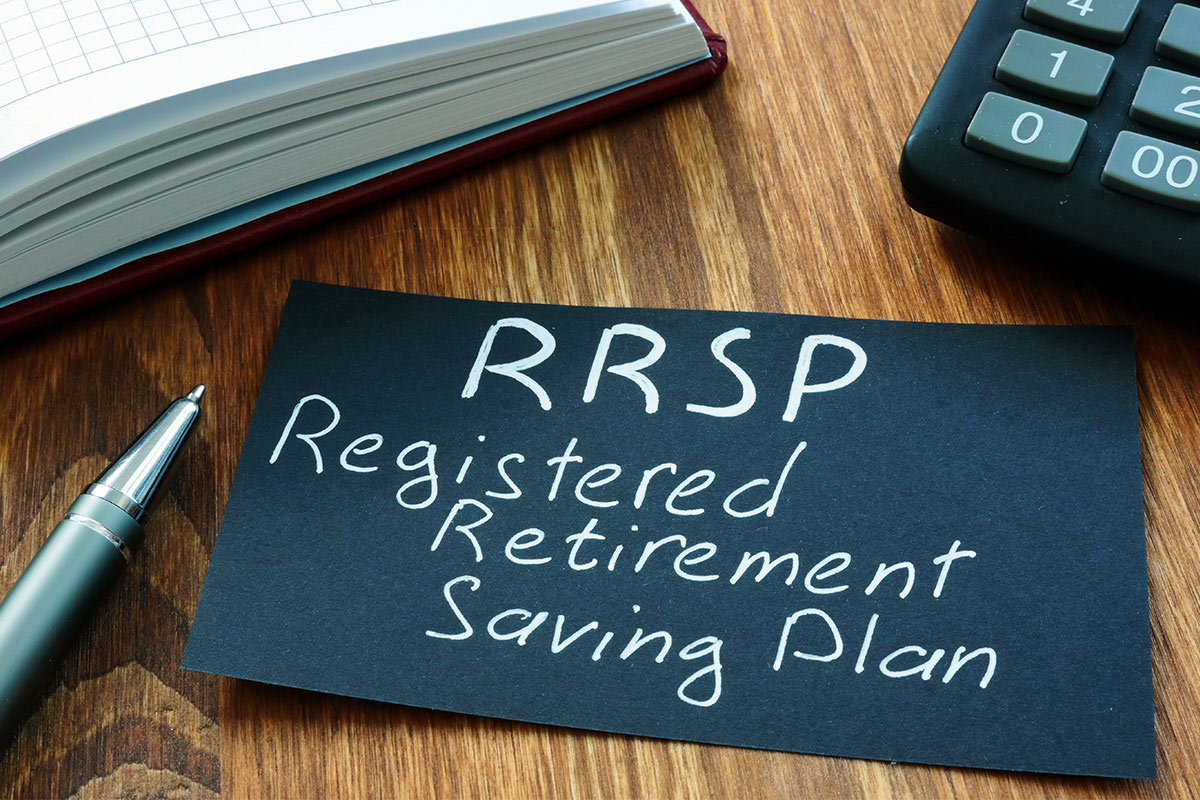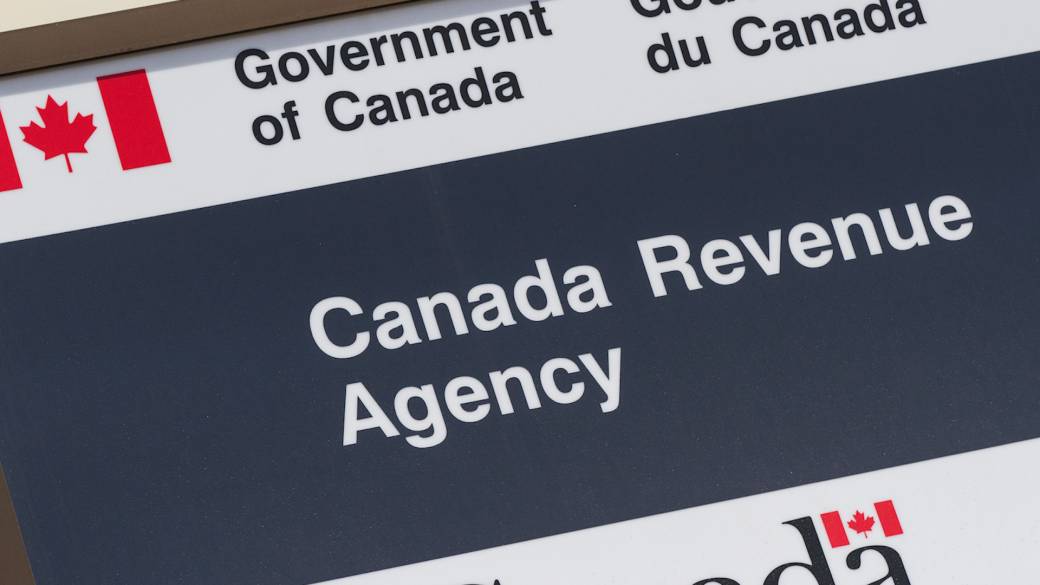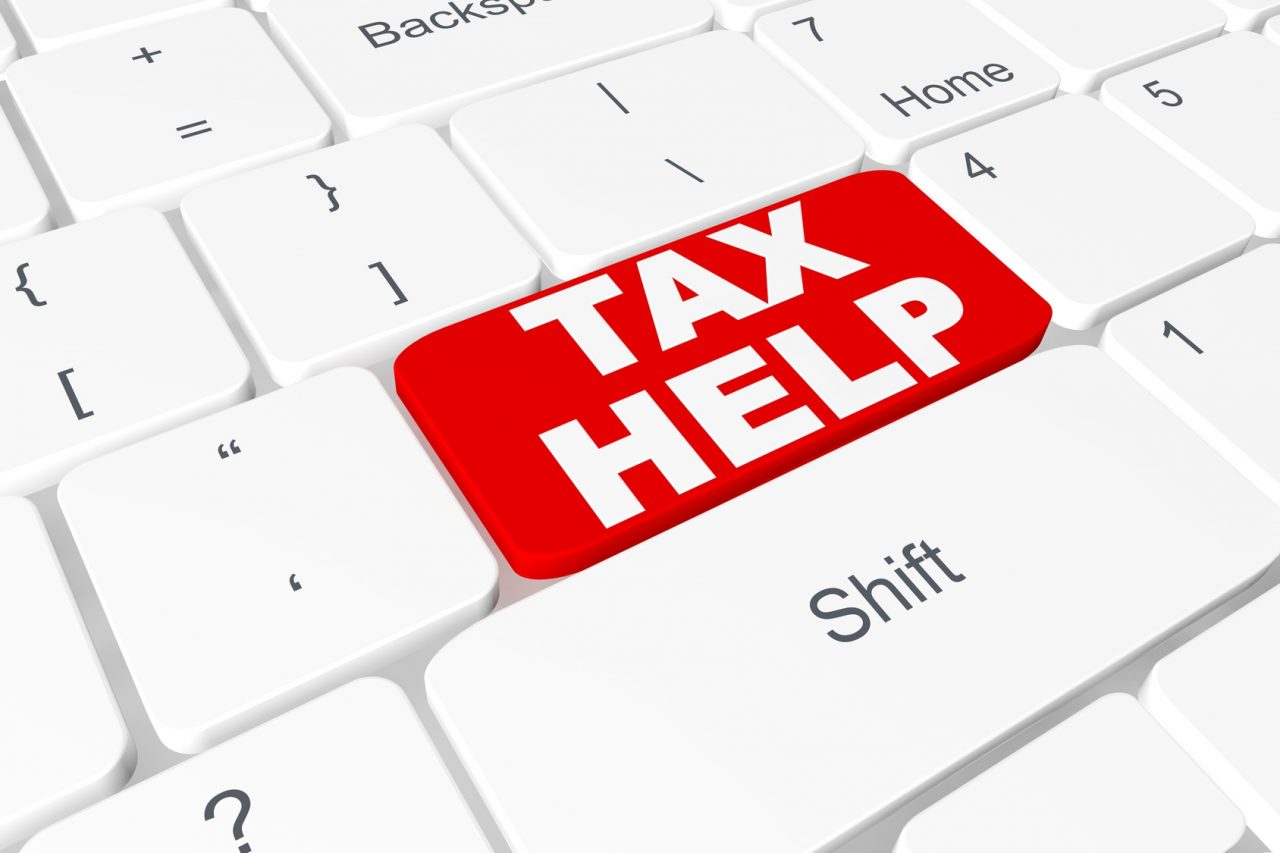During the 2024 calendar year, hundreds of thousands of Canadians will reach their 71st birthday, and a significant percentage of that group are likely to have saved money for retirement through a registered retirement savings plan (RRSP).
featured Archives - Page 4 of 9 - Akler Browning LLP
Most Canadians contemplate retirement with a mixture of anticipation and trepidation. While the benefits of an end to the day-to-day grind of work and commuting (while also having more free time to spend with family and friends) are undeniable, giving up a regular paycheque also means experiencing a degree of financial anxiety.
By the time summer arrives, nearly all Canadians have filed their income tax returns for the previous year, have received a Notice of Assessment from the tax authorities with respect to that return, and have either received their tax refund or, more grudgingly, paid any balance of tax owing.
By this time of the year, virtually all Canadian residents have filed their income tax return for 2023 and have received the Notice of Assessment issued by the Canada Revenue Agency (CRA) with respect to that tax filing. Most taxpayers, therefore, would consider that their annual filing and payment obligations are done and behind them for another year.
Most Canadians, understandably, think of our income tax system as a government “program” that takes money out of their paycheques and out of their pockets. And, while it’s certainly true that virtually every Canadian who earns an income must allocate a portion of that income to paying federal and provincial personal income taxes, that’s not the whole picture.
As the school year draws to a close, the thoughts of millions of Canadian parents turn to the question of how to find – and pay for – child care throughout the summer months. While many Canadians are still able to work from home for some portion of the work week, few (if any) have the kind of work arrangement which allows them to dispense entirely with child care arrangements during the summer months.
Each spring and summer, tens of thousands of Canadian families sell their homes and move – sometimes to a bigger and better property in the same town or city, and sometimes to a new city or even another province.
Many (if not most) taxpayers think of tax planning as a year-end exercise, one to be carried out in the last few weeks of the year, in order to take the steps needed to minimize the tax bill for that year.
This year, the Canada Revenue Agency (CRA) will receive and process more than 30 million individual income tax returns for the 2023 tax year. No two of those returns will be identical, as each such return will have its own particular combination of amounts and sources of income reported, and deductions and credits claimed.
For the majority of Canadians, the due date for filing of an individual tax return for the 2023 tax year was Tuesday April 30, 2024. (Self-employed Canadians and their spouses have until Monday June 17, 2024 to get that return filed.)









